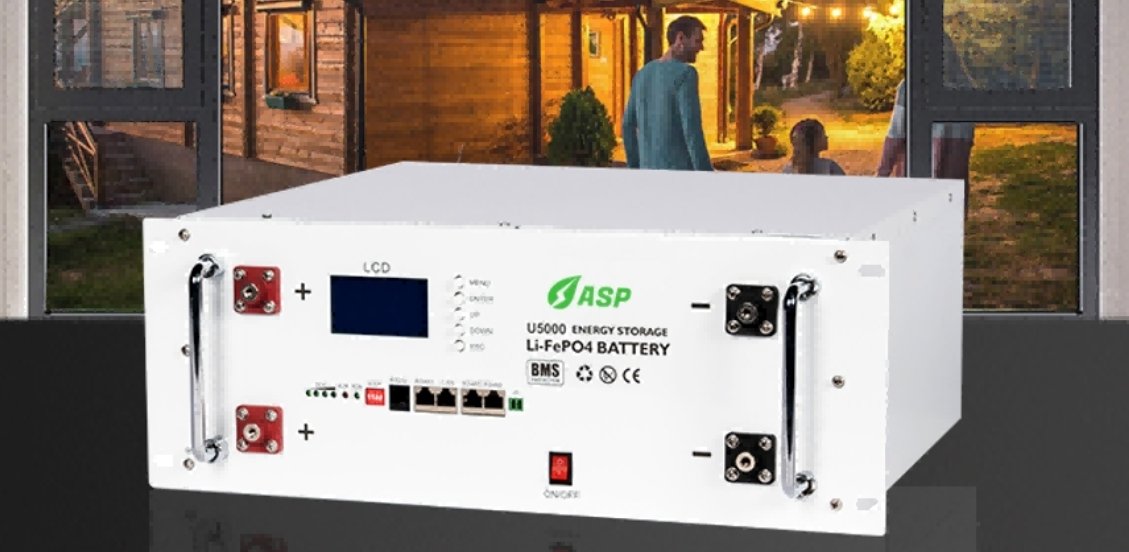Choosing the right home energy storage battery can dramatically improve your energy management. Here are the factors to consider before making a decision.
When selecting a home battery, consider factors like capacity, efficiency, cycle life, and safety to maximize your investment.
Ready to find the perfect battery for your home energy needs? Let’s dive into the essential factors that will guide your choice.
What Are the Essential Factors to Consider When Selecting a Home Battery?
Selecting the right home battery is crucial for ensuring a reliable energy backup and improving overall efficiency.
Key factors include battery capacity, power output, warranty, and the installation space available at your home.
When evaluating a home energy storage battery, several critical elements must be considered:
Battery Capacity
Determining the right battery capacity1: Battery capacity, usually measured in kilowatt-hours (kWh), determines how much energy the battery can store. For homes with solar panels, a larger capacity is essential to store enough energy to power your home during the night or cloudy days.
Power Output
Power output is another key consideration. This refers to how much power the battery can deliver at once. High-power output is necessary if you have appliances that require a lot of energy, such as air conditioners or electric heaters.
Installation Space
Before choosing a battery, consider where you will install it. Batteries come in different sizes and shapes, so the available space in your home or garage will dictate your options.
Warranty and Lifecycle
Importance of warranty and lifecycle in home batteries2: Look at the warranty offered by the manufacturer. A long warranty period, often 10 years or more, is ideal for peace of mind. Additionally, check the lifecycle of the battery, which refers to the number of charge and discharge cycles it can endure.
| Feature | Considerations |
|---|---|
| Capacity | Determines how much energy the battery can store |
| Power Output | Choose based on energy demand from your appliances |
| Installation Space | Ensure it fits in your available space |
| Warranty and Lifecycle | Longer warranties and high cycle counts offer more value |
How Does Battery Capacity and Power Output Impact Your Home Setup?
Battery capacity and power output directly impact how much energy your home can store and use, making them critical to your energy setup.
A larger capacity ensures you have enough stored energy, while sufficient power output allows you to run more appliances simultaneously.
Battery capacity and power output are two interdependent factors that significantly affect your energy system’s performance. Here’s how they impact your setup:
Capacity for Backup Power
Calculating battery capacity for home use3: A home battery's capacity determines how much energy it can store. If you have a solar energy system, the battery stores excess power generated during the day. A higher capacity battery allows you to store more energy for use during the evening or in case of power outages. For larger homes, or homes with high energy consumption, larger capacity batteries are necessary.
Power Output for Simultaneous Usage
Importance of power output in home batteries4: Power output, on the other hand, determines how much power the battery can deliver at any given time. If you plan to run multiple appliances at once, such as the refrigerator, washing machine, and lights, a battery with higher output is essential. Low output batteries may struggle to power multiple devices simultaneously, which could cause interruptions.
Sizing the Battery for Your Needs
For example, if you use 10 kWh of energy per day and want to have two days of backup power, you would need a 20 kWh battery. Additionally, if your home requires a peak power demand of 3 kW, you would need a battery that can provide at least this amount of power at once.
| Energy Need | Battery Capacity (kWh) | Power Output (kW) |
|---|---|---|
| Small household | 5-10 kWh | 1-2 kW |
| Medium household | 10-15 kWh | 2-4 kW |
| Large household | 20+ kWh | 4+ kW |
What Role Do Efficiency and Cycle Life Play in Battery Selection?
Battery efficiency and cycle life are essential for determining the long-term performance and cost-effectiveness of your home battery system.
Efficiency ensures that you get the most out of your energy, while cycle life determines how long your battery will last.
Two important metrics when choosing a battery are efficiency and cycle life. Here’s how they affect your decision:
Efficiency
Why efficiency matters in home batteries5: Efficiency refers to how well the battery can store and release energy. If the battery is 90% efficient, for example, 90% of the energy you put into it will be available for use. Batteries with higher efficiency help you get more usable energy for every charge cycle, reducing waste and increasing savings.
Cycle Life
Understanding cycle life in batteries6: Cycle life refers to the number of charge and discharge cycles the battery can go through before its capacity starts to degrade. A higher cycle life means the battery will last longer, providing better long-term value. Most LiFePO4 batteries have around 4,000 to 6,000 cycles, ensuring they last for many years if properly maintained.
Cost-Effectiveness
While batteries with high efficiency and longer cycle life might cost more upfront, they offer better value in the long run. If a battery lasts 15 years and has a high cycle count, it will outperform cheaper alternatives that may need replacing every few years.
| Metric | LiFePO4 Battery Advantage |
|---|---|
| Efficiency | 90% or higher |
| Cycle Life | 4,000 to 6,000 cycles |
| Long-Term Value | High (fewer replacements needed) |
How Can You Ensure Your Home Battery System Is Safe and Reliable?
Ensuring the safety and reliability of your home energy storage system is essential for peace of mind and longevity.
Choose certified batteries with built-in safety features, and make sure to follow all installation and maintenance guidelines.
Safety and reliability are paramount in selecting a home battery. Here are some tips to ensure your battery system meets high standards:
Certifications
Home battery certifications7: Choose batteries that have been certified by recognized authorities such as UL, CE, or IEC. These certifications indicate that the battery has been thoroughly tested for safety and reliability.
Battery Management System (BMS)
Benefits of a Battery Management System8: A Battery Management System (BMS) monitors the battery’s health and performance. It ensures the battery doesn’t overcharge or discharge too much, protecting it from damage and preventing dangerous situations like overheating.
Regular Maintenance and Monitoring
Proper installation is crucial, and you should ensure that your battery is regularly monitored for performance. Many advanced home battery systems come with mobile apps or monitoring tools, allowing you to track battery health and usage.
Professional Installation
It’s important to hire professional technicians for installation. Improper installation can lead to safety hazards, such as short circuits or inefficient performance.
| Safety Feature | Description |
|---|---|
| Certifications | Ensure the battery meets international safety standards (UL, CE, etc.) |
| BMS | Protects the battery from overcharging and overheating |
| Professional Installation | Reduces the risk of improper setup and ensures safety |
Conclusion
Selecting the right home battery depends on your energy needs, budget, and safety requirements. Ensure you prioritize capacity, efficiency, and a reliable warranty to get the best value and performance.
Footnotes:
-
Calculating the required battery capacity depends on your household's energy needs, ensuring that it can reliably store sufficient energy. ↩
-
A good warranty and high cycle count provide long-term value by ensuring the battery lasts for years without frequent replacements. ↩
-
Calculating battery capacity helps determine the right storage solution based on your home's energy consumption and backup requirements. ↩
-
Power output ensures that your battery can handle peak energy demands, enabling you to run multiple appliances simultaneously without interruptions. ↩
-
Battery efficiency determines how much energy is available for use after charging, directly impacting energy savings and system performance. ↩
-
Cycle life indicates how long a battery will last, ensuring fewer replacements and better cost-effectiveness over time. ↩
-
Certifications such as UL, CE, and IEC verify that the battery meets international safety standards, ensuring its reliability and safety. ↩
-
A Battery Management System (BMS) protects the battery by preventing overcharging, overheating, and excessive discharging, ensuring long-term safety and performance. ↩








